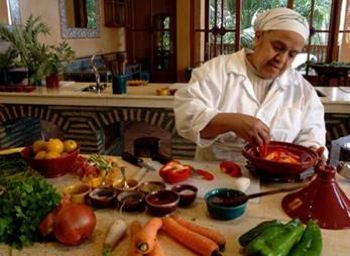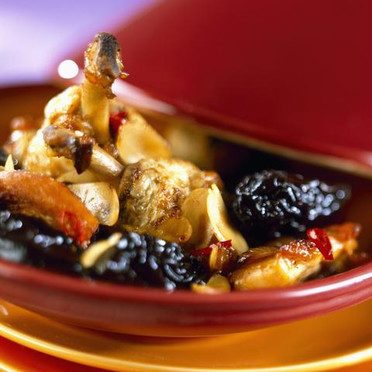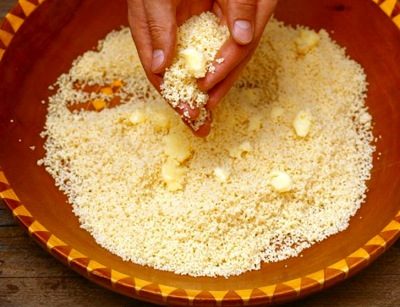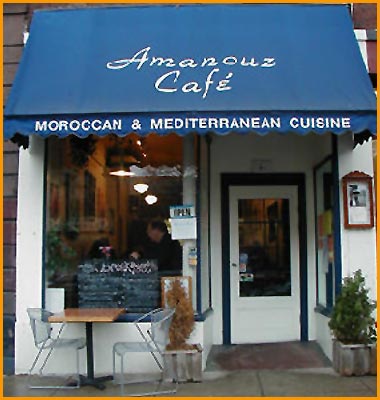When considering a Morocco Tour there are many options which will make for a unique travel experience. One way for Moroccan travelers to discover the real Morocco is through a Morocco Cooking Vacation. There are various types of Morocco Cooking vacations. Some are offered as culinary tours to Morocco with a focus on creating and making various traditional Moroccan recipes daily. A Taste of Morocco Tour offers the opportunity to discover Moroccan cuisine through cooking workshops in Marrakech, Fes and Essaouira. Morocco Just For Women on the other hand offers group lessons with other women who have come to Morocco specifically to explore the country’s culture through a womans’ eyes which includ cooking workshops.
Tag: Tajine
If you’re planning a Morocco vacation one of the best ways to discover the culture of the Maghreb is to taking a cooking class or a private, cooking course in Morocco’s Imperial Cities of Marrakech and Fes or consider a Moroccan culinary tour. Marrakech and Fes offer some of the Morocco’s best cooking classes as a result of their subculture and history of fine cuisine alongside being able to lay claim to some of the best restaurants in Morocco.
Tajines in Moroccan cuisine are slow-cooked stews braised at low temperatures, resulting in tender meat with aromatic vegetables and sauce. They are traditionally cooked in the tajine pot, whose cover has a knob-like formation at its top to facilitate removal. While simmering, the cover can be lifted off without the aid of a mitten, enabling the cook to inspect the main ingredients, add vegetables, move things around, or add additional braising liquid. To learn how to make a Moroccan tajine first hand, consider taking A Taste of Morocco tour or a local cooking class from a chef at a cooking school or university closest to where you live.
Moroccan cuisine is the culinary star of North Africa. Imperial and trade influence has been filtered and blended into Morocco’s culture. Being at the crossroads of many civilizations, the cuisine of Morocco is a mélange of Arab, Berber, Moorish, French, Middle Eastern, Mediterranean African, Iberian, and Jewish influences. Moroccan cooking is enhanced with fruits, dried and fresh — apricots, dates, figs, and raisins, to name a few. Lemons preserved in a salt-lemon juice mixture bring a unique face to many Moroccan chicken and pigeon dishes. Nuts are prominent; pine nuts, almonds, and pistachios show up in all sorts of unexpected places.
After reading all about the traditional cuisine and sweet mint tea of Morocco I was…




